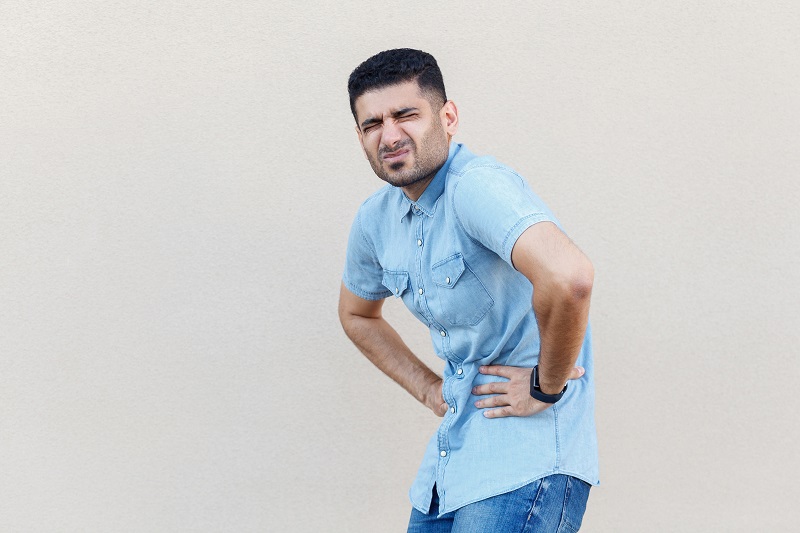
An intestinal infection that leads to diarrhea and vomiting is called gastroenteritis, commonly also known as “stomach flu”.
With gastroenteritis, your stomach and intestines are irritated and inflamed. The cause is typically a viral or bacterial infection.
Symptoms of Gastroenteritis
With gastroenteritis, the main symptoms are watery diarrhea and vomiting.
Patient may also have stomach pain, cramping, fever, nausea, and a headache.
Because of diarrhea and vomiting, patient can can become dehydrated.
Watch for signs of dehydration, such as dry skin and a dry mouth, feeling lightheaded, and being really thirsty. Call your doctor if you have any of these symptoms.
Stomach Flu and Children
Children can get dehydrated quickly, so if your child has the stomach flu, it is important that you look for signs that they are very thirsty or has dry skin or a dry mouth. Check with your doctor before giving your child any medicine. Drugs used to control diarrhea and vomiting aren’t usually given to children younger than 5.
What Causes Gastroenteritis?
There are many ways gastroenteritis can be spread:
- Contact with someone who has the virus
- Contaminated food or water
- Unwashed hands after going to the bathroom
- The most common cause of gastroenteritis is a virus. The main types are rotavirus and norovirus
Rotavirus is the world’s most common cause of diarrhea in infants and young children. Vaccination is quite effective against rotaviruses.
Bacteria such as E. coli, Shigella and salmonella can also trigger gastroenteritis . Salmonella and campylobacter bacteria are common & are usually spread by undercooked poultry, eggs, or poultry juices. Salmonella can also be spread through pet reptiles or live poultry.
Another bacteria, shigella, is often passed around in day care centers. It typically is spread from person to person, and common sources of infection are contaminated food and drinking water.
Parasites can also cause gastroenteritis, but it’s not common. A person can pick up organisms such as giardia and cryptosporidium in contaminated swimming pools or by drinking contaminated water.
There are also other unusual ways to get gastroenteritis:
- Eating a lot of acidic foods, like citrus fruit and tomatoes Toxins that might be found in certain seafood
- Medications such as antibiotics, antacids, laxatives, and chemotherapy drugs Gastroenteritis Treatment
Prevent dehydration:
Give a child an oral rehydration solution. Call your doctor for age-appropriate dosing specifics. Give an adult as much clear fluid as possible. The person should drink fluids slowly in frequent, small amounts. Drinking too much too fast can make nausea worse.
As symptoms start to ease:
- Gradually ease food back into the person's diet
- Avoid dairy, raw vegetables & salad, milk, caffeine, and alcohol until recovery is complete
- Start with bland, easy-to-digest food such as c bananas, toast, rice, and khichri
When to call a doctor
Contact emergency if the person is in shock from severe dehydration (faints, can’t walk, is confused, or is having trouble breathing)
